- Which amount of energy and resources is used to produce, process and transport food and ingredients.
- How gently and responsibly are people, animals and the environment treated in the process.
- What happens to waste and leftovers.
Whether in the supply chain, restaurant kitchens, cafés, canteens or on the plate, many innovators in the gastronomy industry have already set out to address these issues among others. Their ideas and stories are as diverse, multifaceted and creative as our food itself. We’re here to introduce you to one of them.
The radical
Radical means back to the roots. That’s exactly what drives Ludger Fetz at Jagdhaus in Oberstdorf. In other words, locally sourced ingredients for straightforward, upscale pub cuisine that consciously focuses on less rather than more.

Image: Jagdhaus Oberstdorf
A meal is sometimes worth a thousand words. In the landmarked Jagdhaus in Oberstdorf, Munich-style veal schnitzel is served in reasonable portions.
Made with mustard and horseradish, the golden-brown breading under the breadcrumb coating is paper-thin, with a knob of butter and freshly grated horseradish topping it off. It smells simply divine. Freshly fried meat, generously tossed in clarified butter, is served together with cranberries and fried potatoes. This no-frills dish doesn’t even come with lemon or pepper, and that’s no accident.
As mentioned, all ingredients used at the Jagdhaus are exclusively produced in Germany and Austria, otherwise they won’t make their way on to the plate.
The man who came up with this idea a few years ago and has been driving it forward ever since just dragged another euro-pallet across the gravel on the driveway behind the pub. In a somewhat stained black t-shirt, black work pants, and dark-frame dreading glasses, he looks like he’s been working hard in many ways.
“Upscale pub cuisine, where we consciously restrict and focus. Brutally local,” is how Ludger Fetz sums up his philosophy. This transforms the Jagdhaus into a restaurant with a beer garden, where sustainability is practiced on many different fronts. Ecological, economic and social goals form together to create the total package.
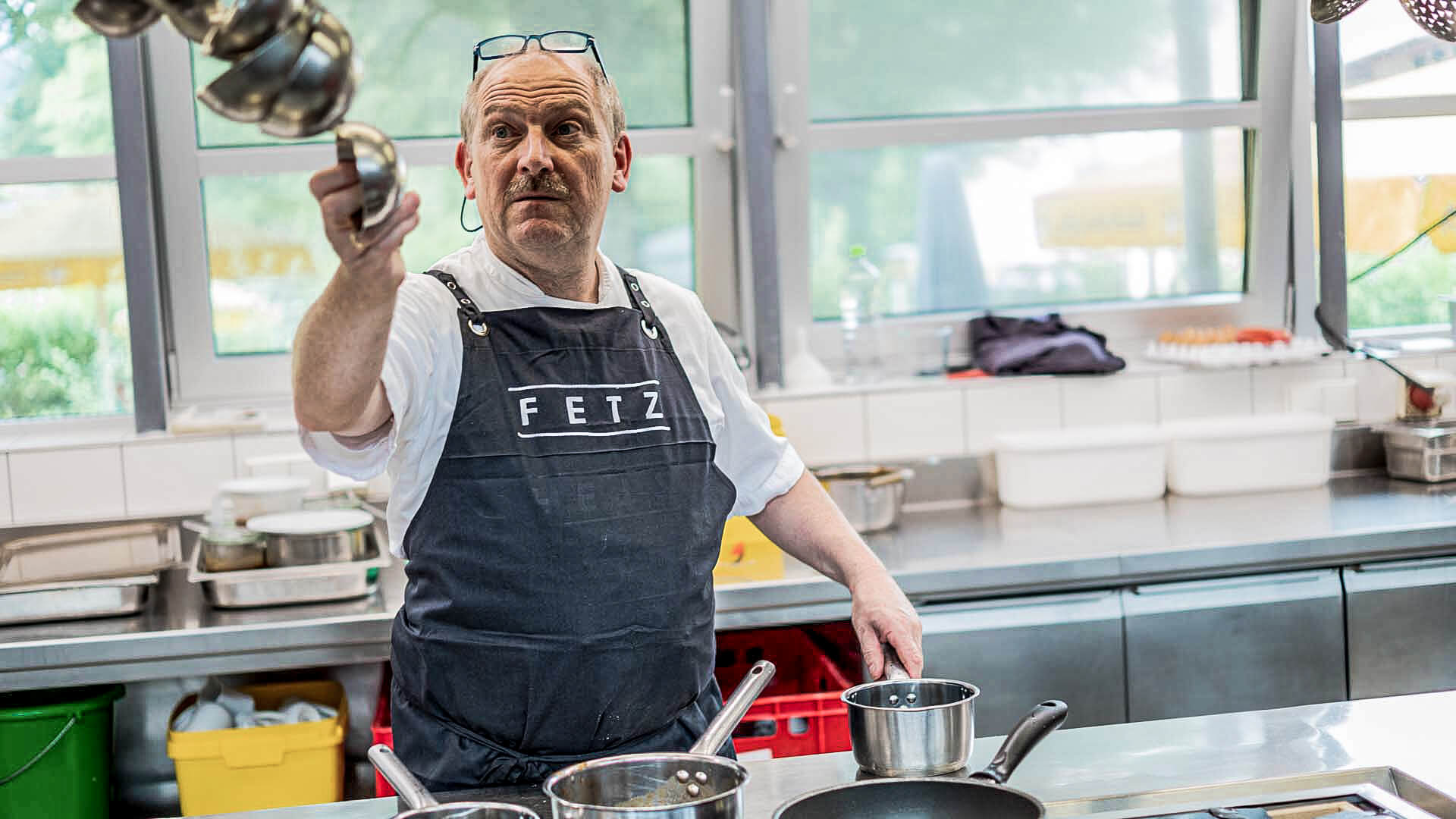
Image: Jagdhaus Oberstdorf
10 years of concept cuisine
Born in 1964, Fetz comes from the Loreley Valley in Rhineland-Palatinate and is a trained chef. He started his concept kitchen at the Jagdhaus almost ten years ago. By then, he and his wife, a native of Oberstdorf, already owned a hotel in the village, a starred restaurant and a restaurant where they served dishes in jars. But that wasn’t enough for Fetz, who is called “Luggi” by his friends and close acquaintances.
He wanted to cook more again, try out dishes, do things. As he says himself, he also had a long-standing affection for natural, simple, honest cuisine:
“My grandfather was a butcher, and my father was a winemaker who ran a country inn. I saw firsthand how to grow blue cabbage, slaughter a pig and make bratwurst when I was a child.”
In 2011, when the opportunity to lease the hunting lodge (Jagdhaus) suddenly arose, things rekindled. His mind started buzzing.

Image: Jagdhaus Oberstdorf
“If you’re privileged enough to run a place like this as a restaurateur, you need to have an idea for how you can persuasively market it. The love and philosophy have to be right,” he says.
If you take a seat in the Jagdhaus, you quickly understand what Fetz means. Low wooden ceilings. Creaky wooden floors. Cozy rooms with a fireplace. Antlers, old photographs and paintings on the walls. This all creates a quaint-yet-elegant Bavarian atmosphere, which is unique and classy. Prince Regent Luitpold of Bavaria built the wooden shingled house as a royal hunting lodge in 1856. Designed for the passionate hunter, it provided a starting point for big game hunting in the Allgäu Alps. If the hunt proved successful, domestic game was served.
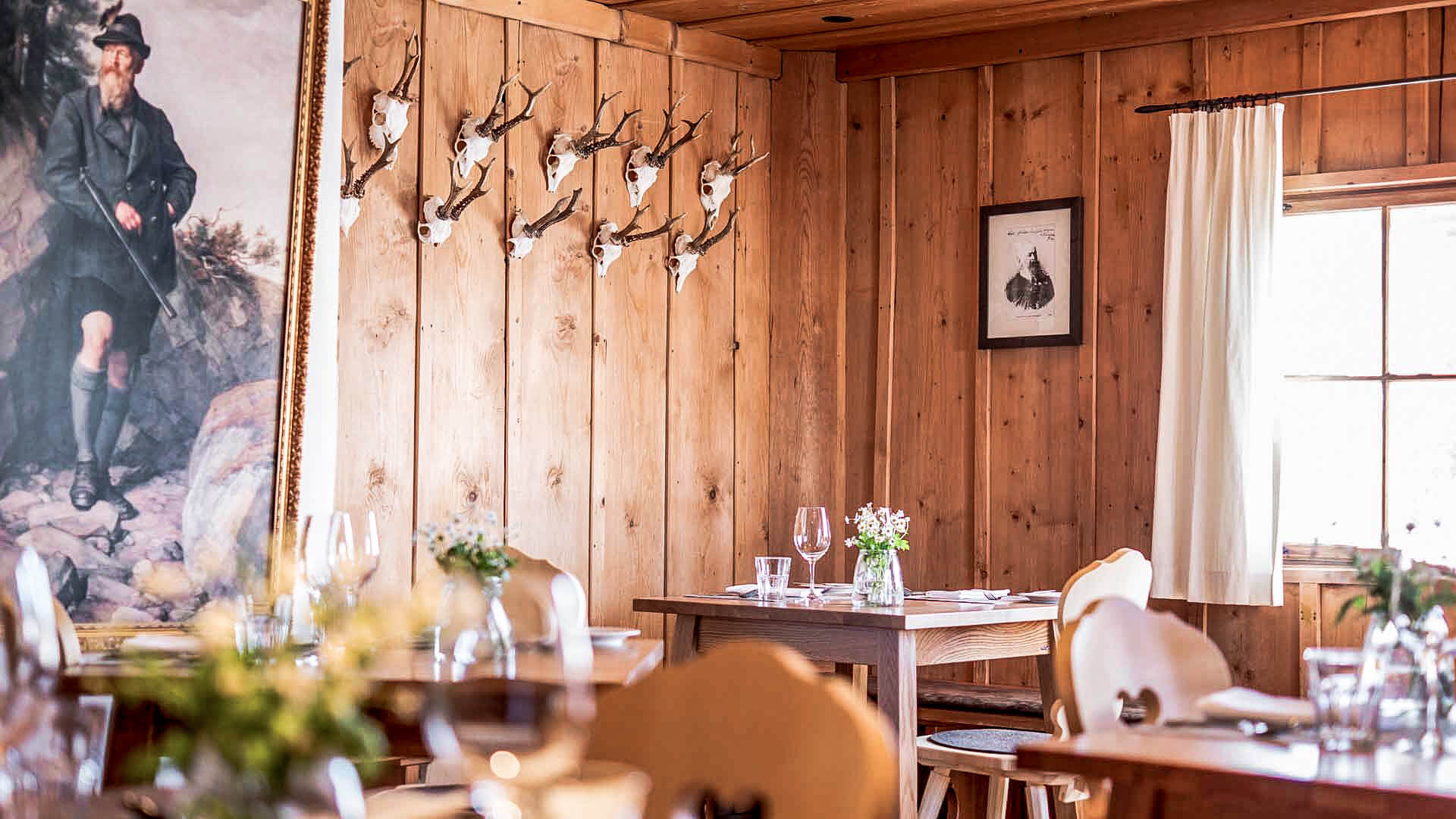
Image: Jagdhaus Oberstdorf
Regional food and quality
“Regionality played a big role at Prince Regent,” Fetz says. He intends to continue this tradition, drawing inspiration from top restaurants such as Noma in Copenhagen and Nobelhart & Schmutzig in Berlin. For example, his beef and veal come from the Allgäu Alps, and his venison from his own and two other surrounding hunting grounds. He buys ten whole cattle a year and uses almost all of them, including the bones. A small but meaningful contribution towards combating food waste. Additionally, this reduces delivery distances and supports regional suppliers.
“Sure, I could buy New Zealand venison, which is cheaper, but it just wouldn’t be the same.” For one thing, you have to take the delivery route and the energy involved into account, not to mention the emissions. Another point is the taste.
With venison goulash, for example, many chefs might add spice blends because the meat they use tastes milder, Fetz says. “But if you have quality meat from a hunt, you don’t need that. The forest here in the Allgäu is rather dark, and the meat tastes more intense on its own, because the game has heartier food to eat. If you cook it well, you don’t need exotic spices. In fact, they tend to rob it of its character.”
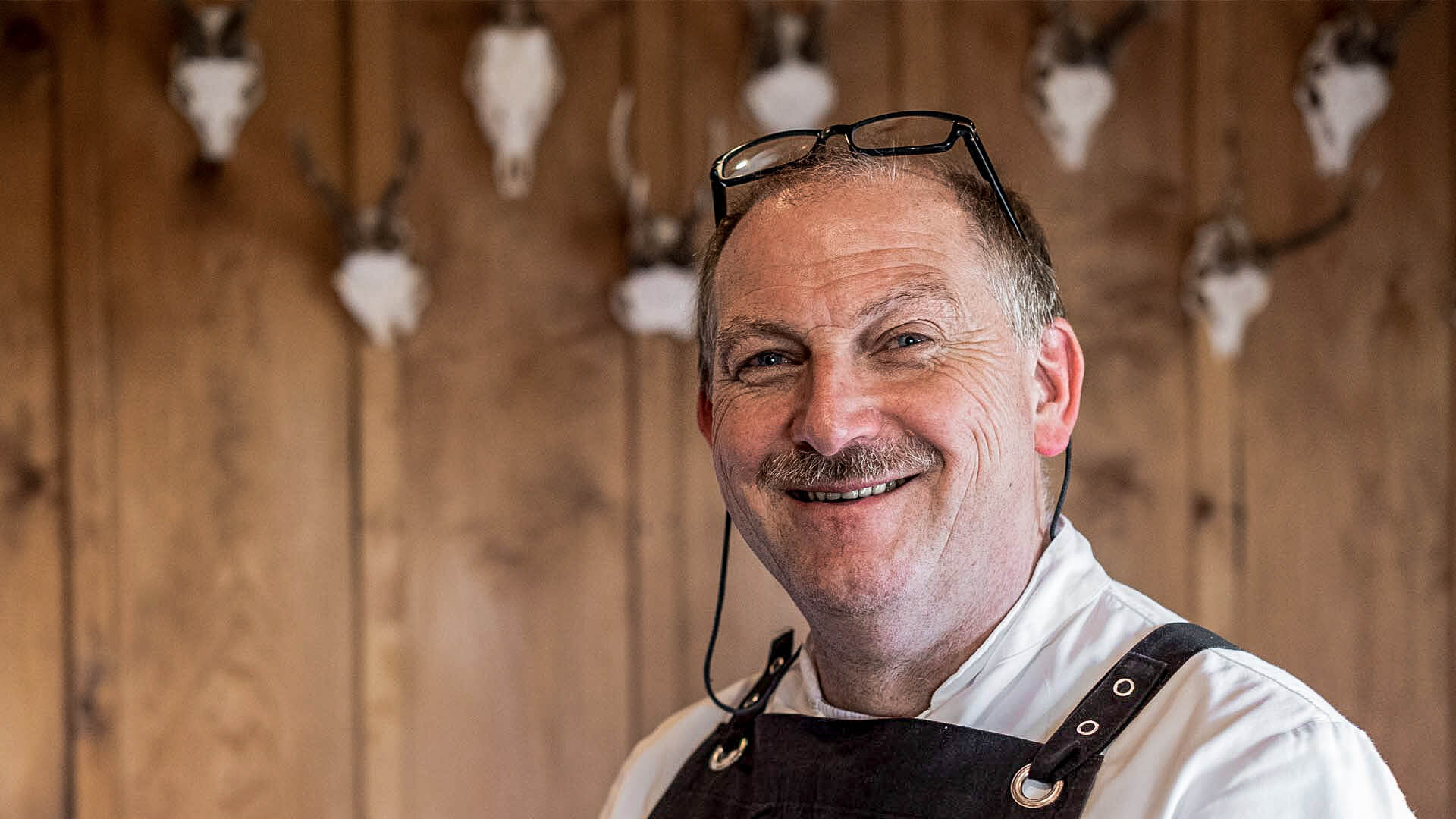
Image: Jagdhaus Oberstdorf
Brutally regional
Nevertheless, insisting on only using products from Germany and Austria is challenging. Fetz and his team have spent years thinking, testing and attempting to create a harmonious range of products – and basically they have never stopped.
After all, the list of ingredients the Jagdhaus does without is long. Mango, pineapple, vanilla and lemons, for example, along with cinnamon, garlic, cloves and pepper. Apples and mirabelles are served for this and wild garlic takes the place of regular garlic. You also have to leave nutmeg out of the mashed potatoes. Instead, roast hazelnuts, add milk, boil them down, use the milk for the potatoes and the nuts for dessert. In the place of crème brûlée with vanilla, they serve a country cream dessert with Sig, a whey from the Bregenz Forest that has a light licorice-caramel flavor. Farmer Roman from Oberstdorf also provides sour cream, apple and pear ice cream. The list definitely gives you a bit of an appetite.
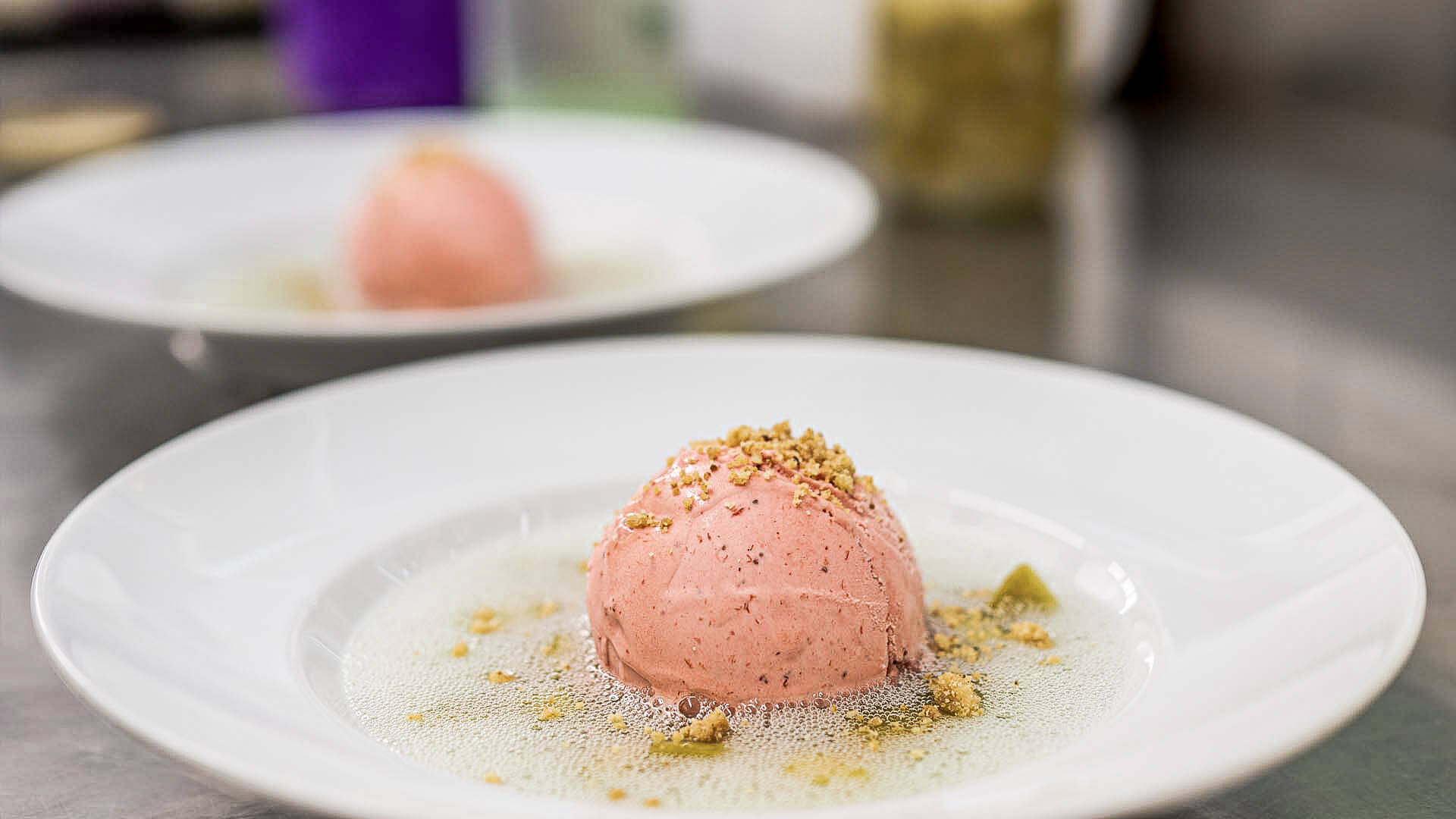
Image: Jagdhaus Oberstdorf
Rediscovering rural diversity
But how can you replace pepper? Is Fetz overdoing things here? “We say to our guests, You can get a pepper mill on request if you like, no problem. But first give it a try without one. Our dishes don’t need any pepper, trust us. Be open to it.” Needless to say, this also led to conflicts in the beginning. For some guests, this purism simply went too far. “Or we had team discussions along the lines of, The customer is king, we can’t tell them what to do too often,'” Fetz recalls. “But I just liked this idea of having a clear vision and standard. I’m still happy with it.”
Especially since an increasing number of visitors were gradually getting on board. Fetz also came up with another idea. Instead of a pepper mill, they now have a spice mill on the table. The ingredients come from the Alpine region; two elderly ladies from Oberstdorf collect them for Fetz. Bearwort, angelica, mugwort, chives, parsley and, for a touch of spiciness, horseradish. “This is our approach, the Jagdhaus approach,” he says. However, he is not yet fully satisfied. “The first spicy kick is still missing, so we”re continuing to fine-tune the optimal mix!”
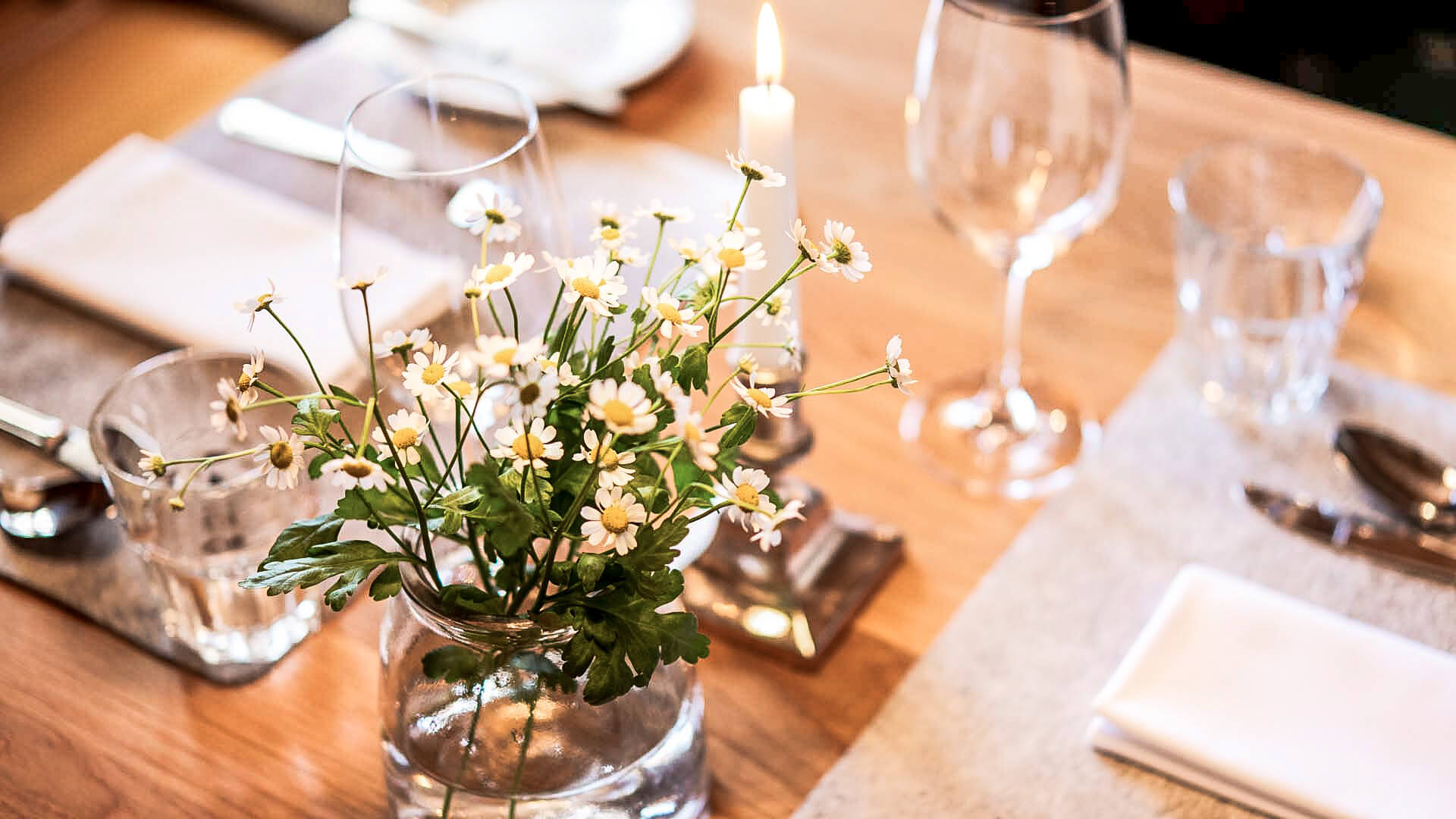
Image: Jagdhaus Oberstdorf
Sustainability instead of tetra packs
Speaking of reaching the optimum, there is room for improvement in practically every area, says Ludger Fetz. “We’re never finished here.” For example, at Jagdhaus, they would love to stop using milk tetra packs. “But our supplier in the Allgäu said, Luggi, it’s not worth it. The bottles and transporting them, that’s too time-consuming and expensive for me.” But Fetz doesn’t give up. Currently, he’s discussing things with a nearby farm. “They have about 100 liters of milk for us a week. Let’s see if we can make it work in terms of logistics and hygiene.”
For all its rigor, and this is important to Fetz, Jagdhaus does not aim to be backward-looking and conservative. “Sure, being a pub means we have to offer meat, because people who come to our place usually expect it.” But that doesn’t mean they only serve meat here. “We also offer a vegan menu and go all out with that,” Fetz says. Chanterelles or porcini mushrooms land on the plate, as well as a vegetable essence or vegan trifle with vegetable quiche made from egg-free dough, a soup and, to top it all off, a blueberry sorbet.
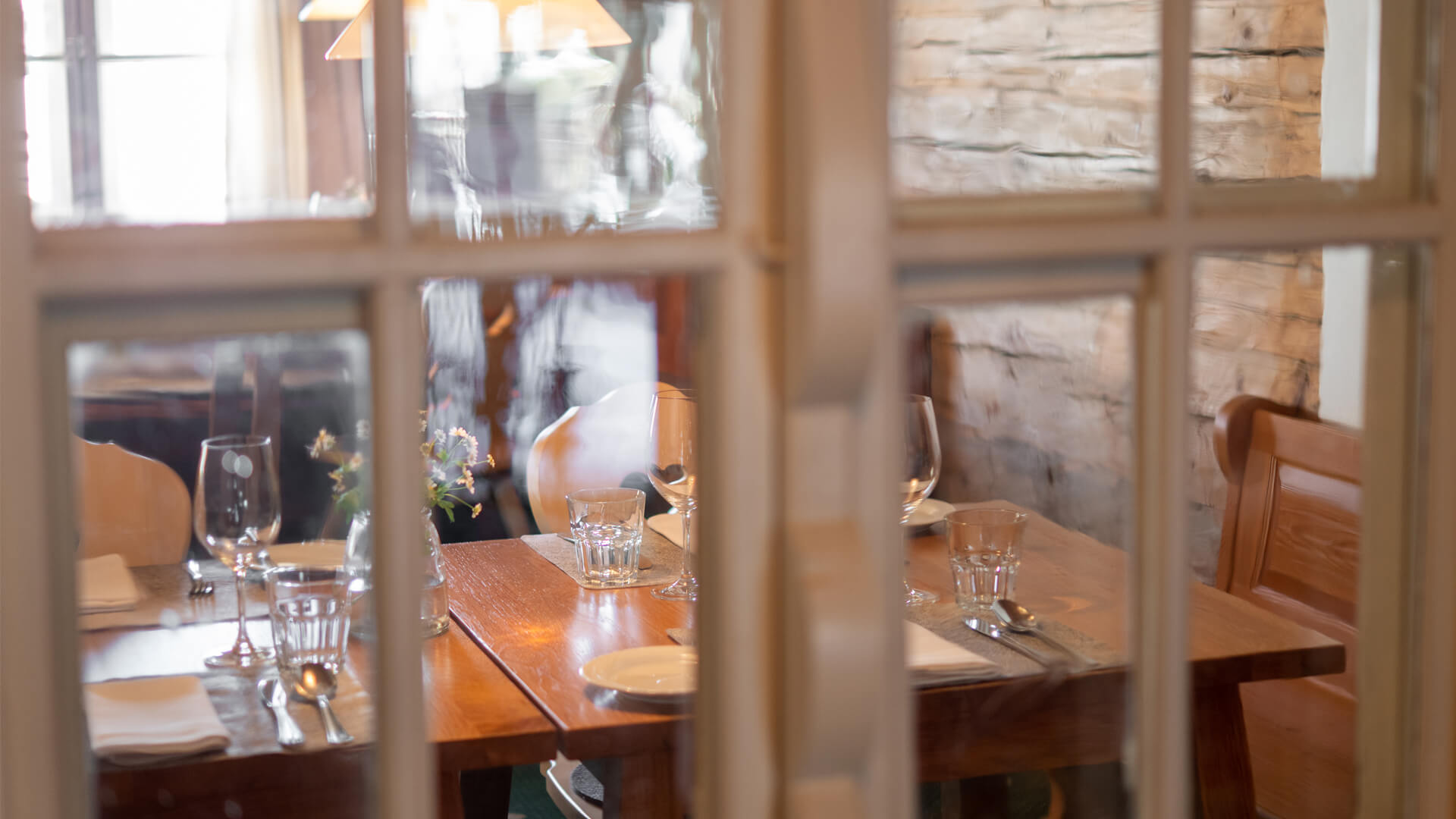
Image: Jagdhaus Oberstdorf
Assuming responsibility with passion
That is how one thing leads to another at the Jagdhaus. “Sure, I can’t create a concept like this just anywhere. You can’t just quickly copy an idea like that and go crazy with it,” says Ludger Fetz. “It does take a certain amount of stubbornness and consistency. It has to grow. This means internally, but also externally, in how it’s perceived by guests.”
He probably wouldn’t have risked it if he hadn’t already had another thriving restaurant at the time or been certain of his family’s support.
Fetz shrugs his shoulders as if to apologize. The Jagdhaus was just so insanely gorgeous when he saw it for the first time, like a precious, slumbering Sleeping Beauty. His wife likes to say that the Jagdhaus is his mistress.
Is she right? “Yes, it’s true,” Fetz say with a grin. “But she’s only made of wood.”


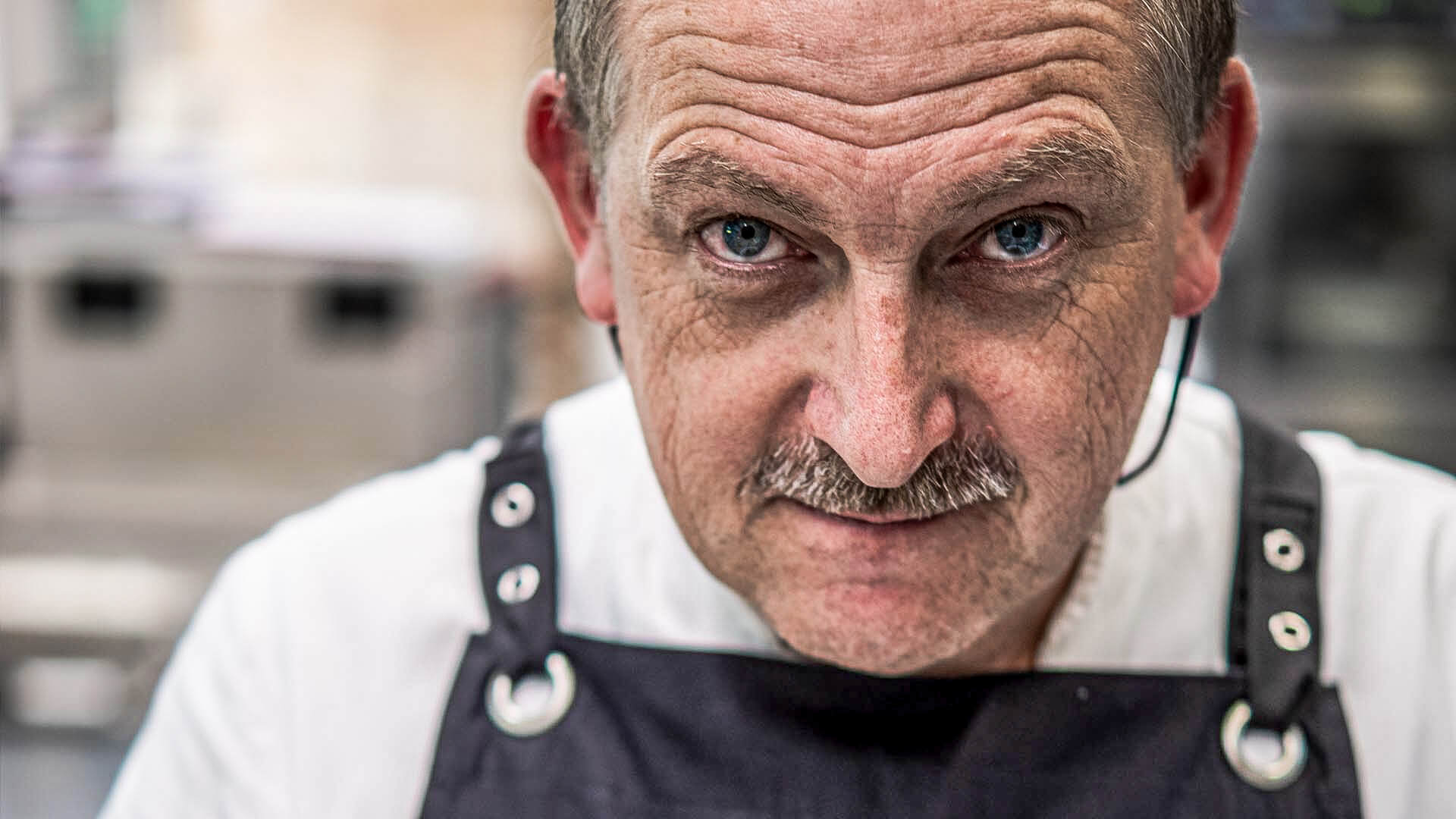
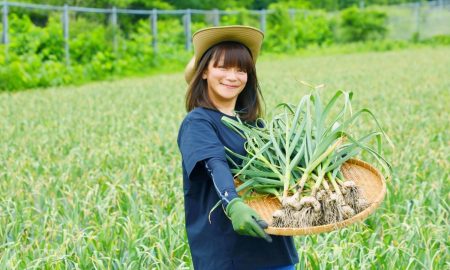


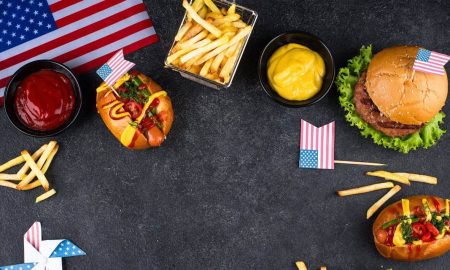
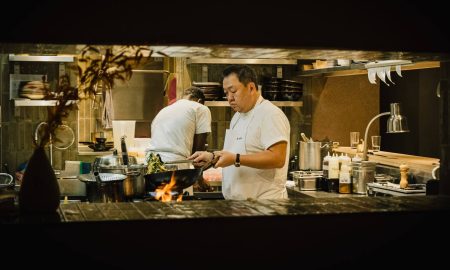
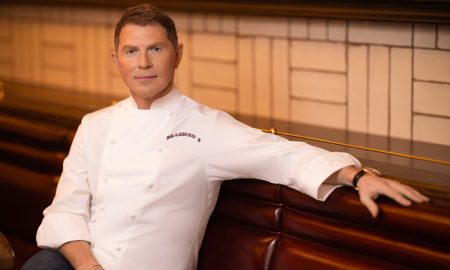
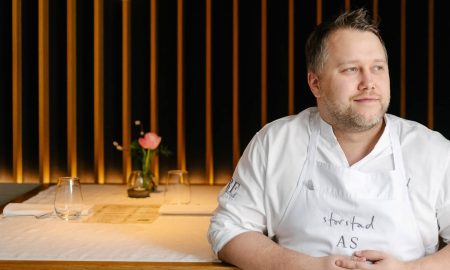
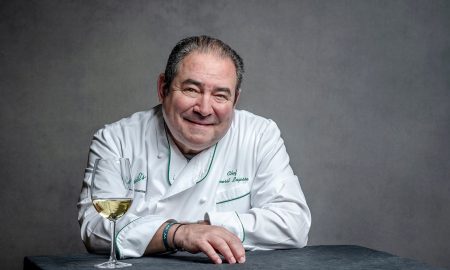
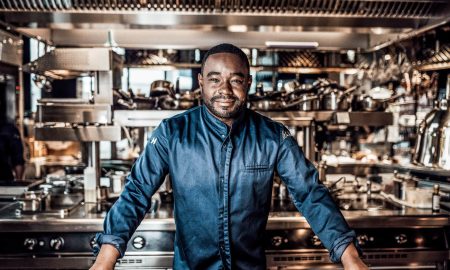
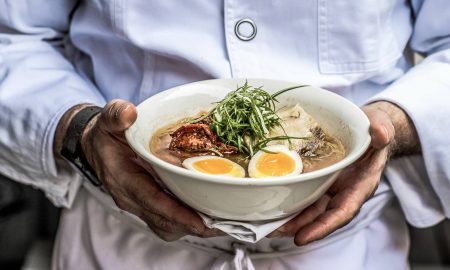
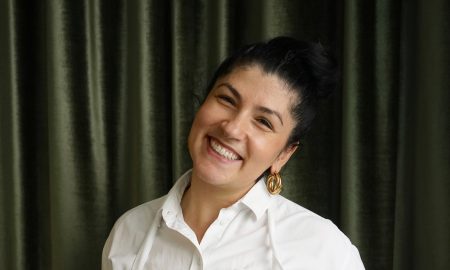
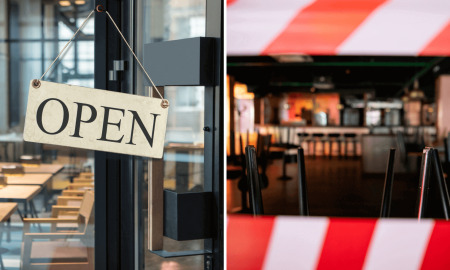
Pingback: Green gastronomy – with a green conscience | KTCHNrebel
Pingback: Top ten foodservice trends for 2022 | KTCHNrebel